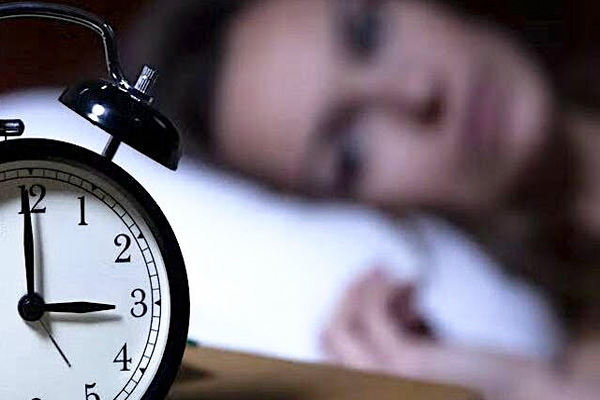YOU DON’T SNOOZE – YOU LOSE –
Aug. 4, 2022 – From an evolutionary standpoint this, of course, makes sense. Humans are much more effective at hunting and gathering in the daylight, and while nighttime is great for rest, humans were once at greater risk of becoming the hunted. According to the researchers, to cope with this increased risk our attention to negative stimuli is unusually heightened at night. Where it might once have helped us jump at invisible threats, this hyper-focus on the negative can then feed into an altered reward/motivation system, making a person particularly prone to risky behaviors.
Add sleep loss to the equation, and this state of consciousness only becomes more problematic.
“There are millions of people who are awake in the middle of the night, and there’s fairly good evidence that their brain is not functioning as well as it does during the day,” says neurologist Elizabeth Klerman from Harvard University.
“My plea is for more research to look at that, because their health and safety, as well as that of others, is affected.”
The authors of the new hypothesis use two examples to illustrate their point. The first example is of a heroin user who successfully manages their cravings in the day but succumbs to their desires at night.



